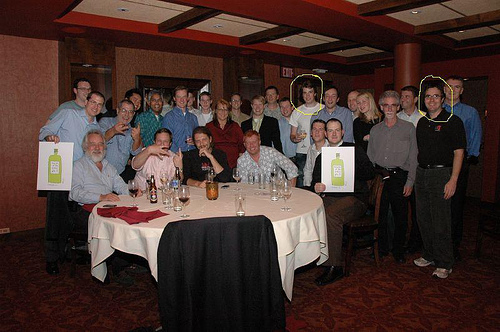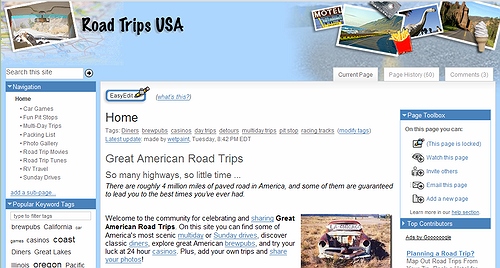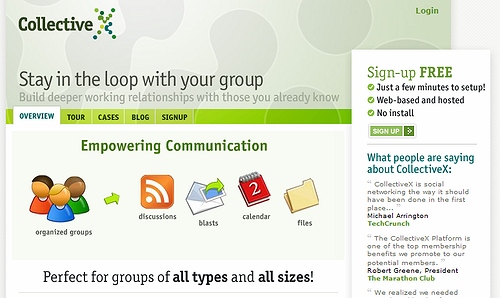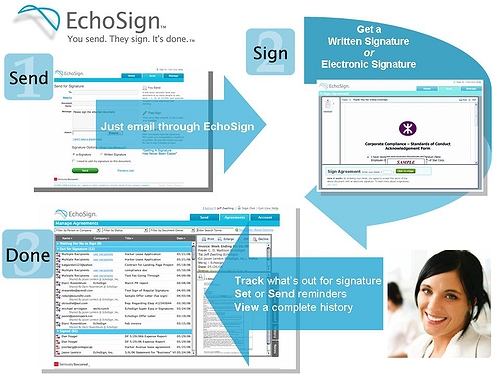A few weeks ago the “wikirati” was having dinner with the Enterprise Irregulars in San Francisco, on occasion of the Office 2.0 Conference. Our gracious sponsor was Atlassian’s Mike Cannon-Brookes, and JotSpot’s Joe Kraus showed up, too. Missing from the photo is Socialtext’s Ross Mayfield, who was there for the first part, a briefing for Forrester‘s Charlene Li, but left before dinner. (Hm, did Joe eat Ross’s dinner? )
)

(photo credit: Dan Farber)
I heard a rumor that one of us in the group had likely gotten a few million dollars richer – and it wasn’t me  … but Joe Kraus, having sold Jot$pot to Google. The source was credible but of course we had already heard about a Yahoo acquisition, then eBay .. so who knows, after all.
… but Joe Kraus, having sold Jot$pot to Google. The source was credible but of course we had already heard about a Yahoo acquisition, then eBay .. so who knows, after all.
I found the timing ironic, just having come back from a Google briefing where they announced Google Docs & Spreadsheets, which left me largely unimpressed. This is what they were missing, I thought.
Today we know it’s a fact: JotSpot is part of Google. After the quick post, here are my first thoughts around who wins, and what it may mean from a user prospective.
Who Wins:
- Joe, Graham and team for obviou$ rea$ons.
- Google, for now they have all the pieces for a small business collaboration suite, if they are smart enough to get rid of the junk and integrate the good pieces together – something they have not done before. I’ll talk about this more a few paragraphs below.
- Some paying JotSpot customers: Jot has had a funny pricing model, where you can start free, but if you exceed a page limit (10?) you have to upgrade. Most users probably don’t realize that because in Jot everything is a page (i.e. add an event to the Calendar, it’s a new page), 10 pages are essentially nothing, if you wanted to do anything but testing, you’d have to upgrade – until now, that is. From now on paying customers will enjoy their current level of service for free.
- Competitors: JotSpot’s market direction has never been entirely clear; they focused on consumers and small businesses, but were present on the enterprise market, too. I think it’s fair to assume that they are out of the enterprise market at least for a while, leaving only Atlassian and Socialtext as the two serious players.
Who Loses:
- Some JotSpot customers who’d rather pay but have their data at a company whose business model is charging for services than enjoy free service by Google whose primary business model is to know everything about you. Clearly there will be some migration from JotSpot to other wiki platforms. Update: the competition isn’t sleeping, see migration offers by Socialtext and Atlassian.
- Me, for having half-written a post about the merits of pure wikis, Office suites and hybrids, which I can scrap now.
Who Needs to Move:
- Some of the Office 2.0 Suites, including my friends at Zoho. This may be a surprising conclusion, but bear with me for a while, it will all be clear.
So far the balance is good, we have more winners than losers – now let’s look at what Google should do with JotSpot.
– now let’s look at what Google should do with JotSpot.
They have (almost) all the right pieces/features fragmented in different products, some of them overlapping though. They should kill off the weak ones and integrate the best – a gargantuan task for Google that so far hasn’t pulled off anything similar. Here’s just some of what I mean:
Google Docs & Spreadsheets:
One of the reasons I found the announcement underwhelming was that there really wasn’t a lot of innovation: two apps (Writely and Google Spreadsheets) put together in a uniform look and a file management system. It’s this very file management system that I found weak: how on earth can I work online and manage a jungle of thousands of documents in a flat, alphabetical list? JotSpot may just be the right solution.
Google Groups:
It’s rare for a mature product to go back to beta, but when Google recently did it, it was for good reason: the Groups which so far has been just a group email mechanism, became a mini community/collaborative platform, offering functionality found in collaborative editors like Writely, Zoho Writers, page cross-linking a’la wikis, file management..etc, combining all this with group email and the ability to share with a predefined group. I seriously considered it a major step forward, likely attracting previously “email-only” users to the native web-interface – and we all know why Google loves that.
JotSpot, the “hybrid” wiki:
This will be the somewhat controversial part. First of all, JotSpot is an attractive, easy-to-use wiki, and I believe that’s the value Google should keep.
Second, they’ve been playing around with the concept of being an application platform, which just never took off. The “applications” available in JotSpot are all in-house developed, despite their expectations the world has not come to develop apps on their platform. (Will this change in Google’s hands?). In JotSpot 2.0 they integrated some of the previously existing applications into user-friendly page types: Calendar, Spreadsheet, Photo ..etc, along with regular (text) wiki pages. This is what I considered Jot’s weak part. Just because a page looks like an application, it does not mean it really is:
- Try to import an Excel spreadsheet into a Jot Spreadsheet page, you’ll get a warning that it does not import formulas. Well, I’m sorry, but what else is there in a spreadsheet but formulas? The previous name, Tracker was fair: it’s a table where you track lists, but not a spreadsheet.
- Look at a Calendar page: it does not have any functionality. You cannot do group schedules, can’t even differentiate between personal and group events. It’s just a table that looks like a Calendar – reminding me the “electronic” calendars of corporate executives in the 90’s: the Word template that your secretary maintained for you and printed daily…
I guess it’s clear that I am unhappy with Jot’s “application” functionality, but I like it as a wiki. In this respect I tend to agree with Socialtext’s Ross Mayfield, who believes in best-of-breed (whether that’s Socialtext is another question…). Best-of-breed of everything, be it a wiki or other productivity tools. I’ve also stated that my ‘dream setup’ for corporate collaboration: is a wiki with an integrated Office 2.0 Suite. Why?
Other than its collaborative features, a wiki is a map of our logical thinking process: the cross-linked pages provide structure and narrative to our documents, one could think of it as a textual / visual extension of a directory system, resolving the problem of the flat listing of online files that represent fragments of our knowledge. Of course I am not implying that a wiki is just a fancy directory system… au contraire, the wiki is the primary work and collaboration platform, from which users occasionally invoke point applications for number crunching, presentation..etc.
Now Google has it all: they should kill the crap, and combine the JotSpot wiki, their own Office apps ( a good opportunity to dump the lousy Docs & Spreadsheets name), Calendar, Gmail, the Group email from Google Groups and have the Rolls -Royce of small business collaboration.
(Update: Dan Farber over at ZDNet is pondering the same: Is JotSpot the new foundation for Google Office?)
By now it’s probably obvious what I meant by Zoho having to make their move soon: they either need to come up with their own wiki, or team up with a wiki company. Best-of-breed is a great concept and enterprise customers can pick and match their tools on their own. For the SMB market it makes sense to be able to offer a hosted,integrated Wiki/Office solution though. So far Zoho is ahead of Google in Office 2.0, if they want to maintain that leadership, they will need a wiki one way or another.
Of course I could be way off in my speculation and Google may just have bought the team.. either way, congratulations to Joe, Graham and the JotSpot team. 
Related posts:

 Google Groups has a
Google Groups has a 
 I’ll be moderating another
I’ll be moderating another 
















Recent Comments